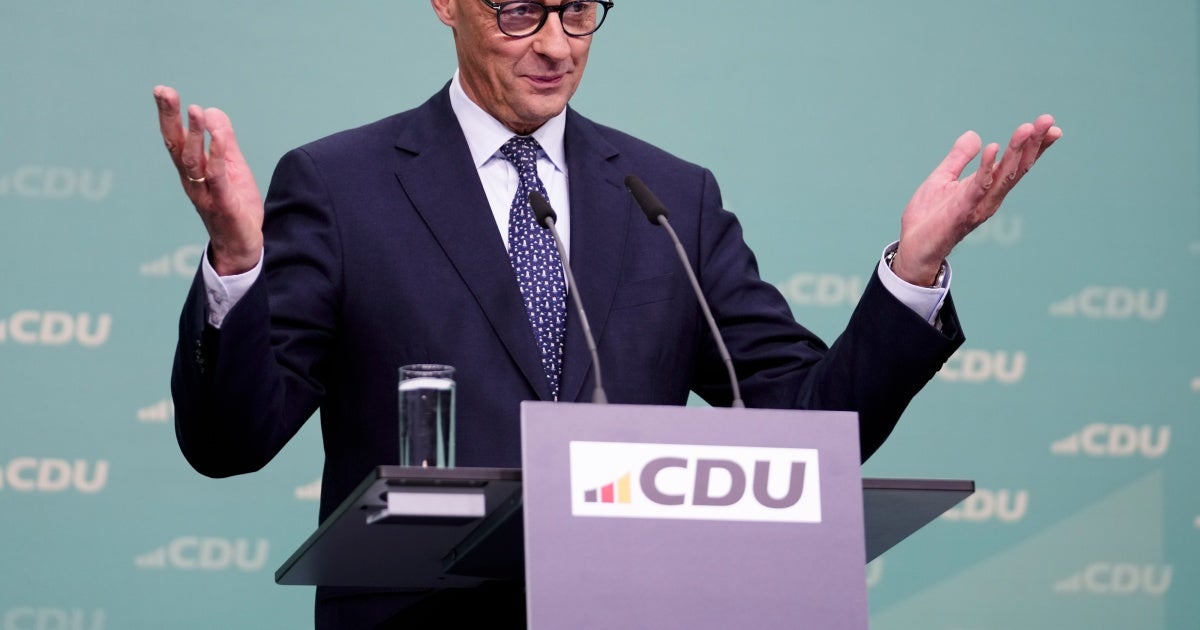Sunday’s federal elections in Germany were held at a time when Germany’s support for human rights both at home and on the international stage is crucial.
Having won the largest share of the votes with 28% and secured Germany’s likely next chancellor, Friedrich Merz, the conservative Christian Democratic Union (CDU) and its sister party the Christian Social Union (CSU) now need to find at least one coalition partner to form a government.
The members of the former governing coalition, the Social Democrats (SPD), the Greens, and the Free Democrats (FDP), suffered major losses as one in every five Germans voted for the far-right Alternative for Germany (AfD), whose campaign centered around racist, anti-migrant discourse, which was echoed by mainstream parties.
In the run-up to the election, German authorities registered unprecedented numbers of crimes motivated by extremist right-wing ideology, yet most parties opted to demonize migrants during their campaigns. This is despite a recent new study again showing no correlation between increased migration and a rise in crime.
The campaigning parties unfortunately paid little attention to other crucial issues such as climate protection, corporate accountability, or rising poverty.
Claiming they want to ease bureaucratic burdens on companies, the CDU has vowed to abolish German’s supply chains law, which obliges companies to identify and address human rights risks in their global supply chains, and suspend the European Union supply chains law for two years.
Many voters in Germany and governments around the world are looking to Germany to protect and uphold rights on the international front as well.
Merz has pledged to maintain support for Ukraine, and it is vital his government supports justice for serious crimes committed in the war with Russia. As a member of the International Criminal Court, Germany is legally obligated to execute the court’s arrest warrants, including those against Russian President Vladmir Putin and Israeli Prime Minister Benjamin Netanyahu. Despite this, Merz has indicated his government intends to invite Netanyahu to visit without arresting him.
Germany’s new government should not engage in any double standard that would undermine Germany’s and the EU’s credibility as principled foreign policy actors.
Germany’s future government will face enormous challenges at home and on the international stage. No matter how complicated the coalition negotiations become, the new government should commit to upholding its human rights obligations in its political agenda.



